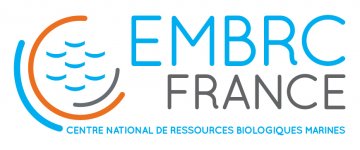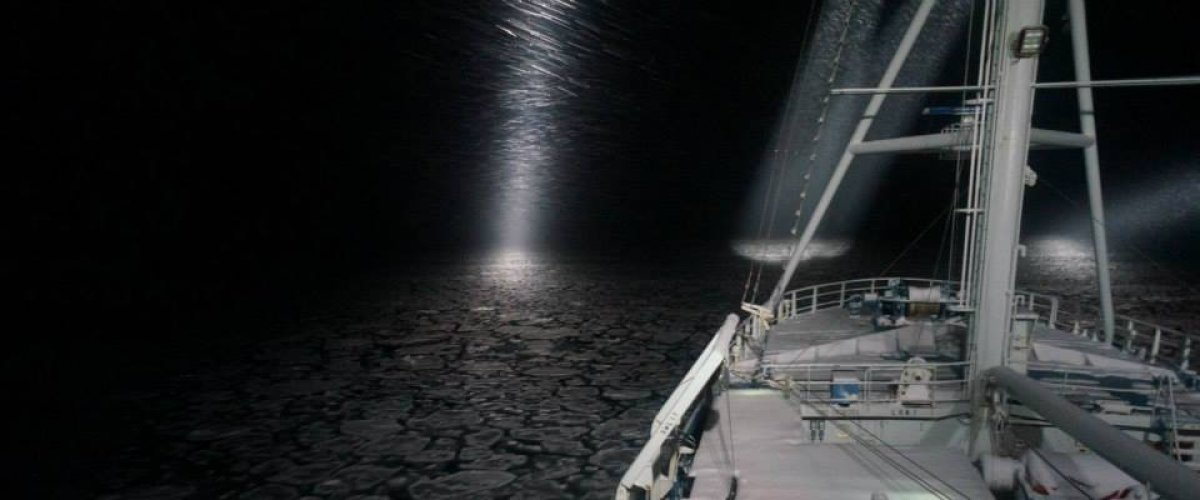PhytoPol - How does phytoplankton survive during the long polar night ?
The ANR Phytopol project aim is to understand how phytoplankton survives during the long polar night.
The ANR project PhytoPol
Link(s)
Phytoplankton is responsible for nearly half of the photosynthesis on the planet. In polar regions, phototrophic organisms need to survive during long periods of darkness occurring in winter. However survival mechanisms remain mysterious and elucidating them would provide a key to understanding how primary production is sustained in polar ecosystems which are among the highest productive areas on the planet. Until now, studies have been hampered by the difficulty to access these environments, especially in winter. The Norwegian project MicroPolar to which the two French PIs are associated has offered a unique opportunity to sample polar waters every two months for one year, including during winter (January, March, May, August and November 2014). PhytoPol is taking advantage of this to address the question of the survival of phytoplankton during long darkness. The project is structured in three tasks: i) characterize dominant Arctic photosynthetic pico- and nano-phytoplankton strains, ii) determine the physiological mechanism(s) used to survive long periods in the dark, and iii) elucidate the molecular mechanisms of these adaptations.
The project associates the Roscoff DIPO team (D. Vaulot and F. Not) and the Banyuls laboratory (H. Moreau).
Valeria Jimenez integrated the DIPO team in October 2016 to work on the project as a post-doc.
The Norwegian project MicroPolar
Link(s)
Microscopic organisms create the fundament of the marine ecosystem. In an era of climate change, knowledge on the function of different groups of marine microorganisms is crucial. To be able to foresee the consequences of a warmer ocean, we need to know which microbial players is present, how they live and the functions they provide for the ecosystem and the climate system. Global climate change is expected to be most severe in the Arctic and will affect the microbial fundament of the marine ecosystem more than anywhere else. Still, little is known about marine microorganisms in the polar waters in the Arctic.
In MicroPolar, the aim is therefore to reveal central information on marine microorganisms in the waters north of Svalbard in the period 2013-2017. Through an extensive field program, new knowledge on marine microorganisms in the European Arctic will be gathered in all season of the year, included the polar night and the midnight sun. MicroPolar is financed by The Norwegian Research Council and is conducted by researchers from The University of Bergen, Uni Research, The University of Oslo, NIVA and SALT.








